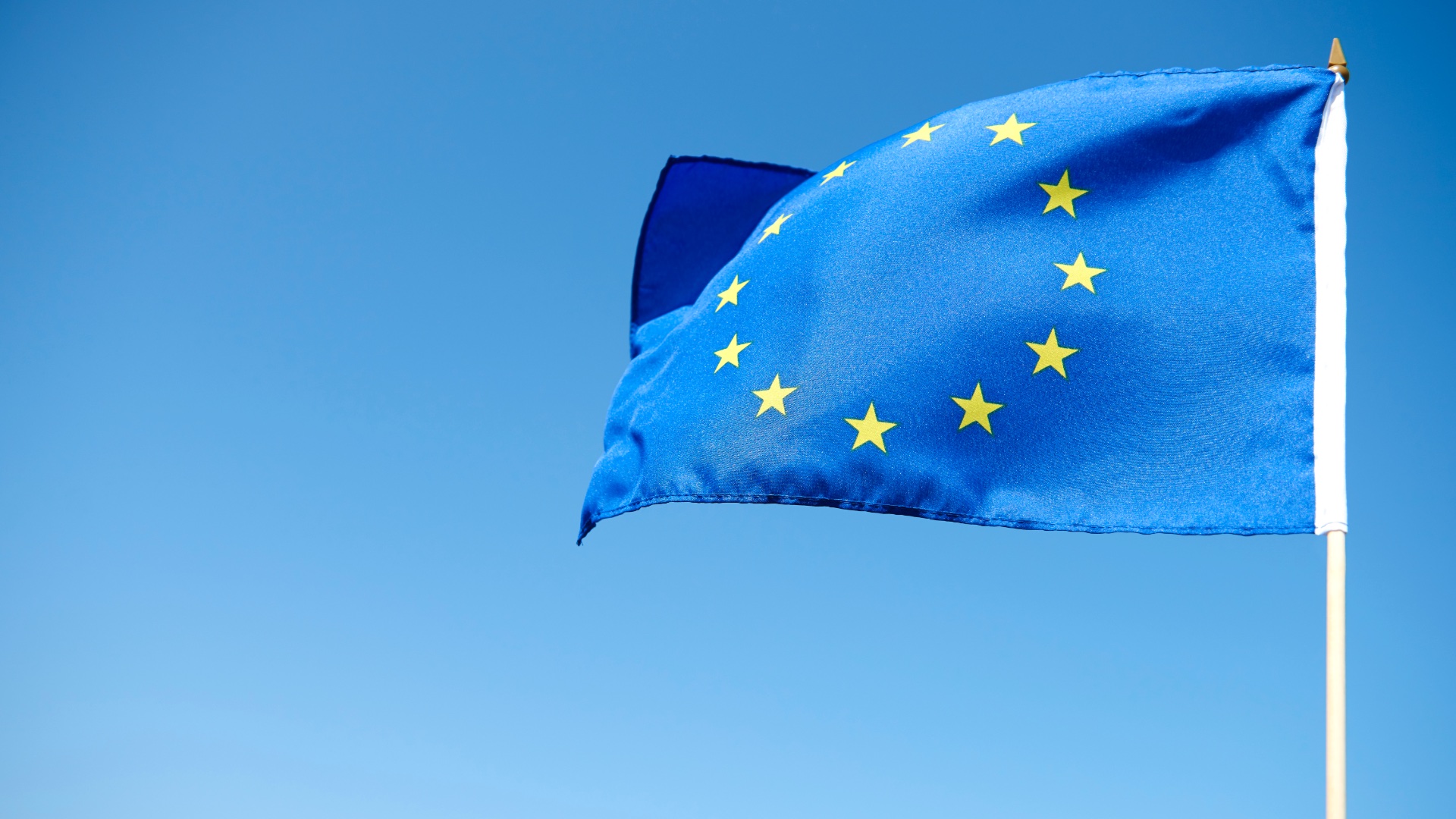Transatlantic tensions are entering a new phase. Donald Trump’ s administration is considering an unprecedented step – imposing sanctions, possibly in the form of visa restrictions, on European Union officials responsible for implementing the landmark Digital Services Act(DSA).
The move would represent an escalation in a dispute that Washington sees as an attempt to censor American conservative voices and unfairly place a financial burden on US-based technology companies.
The US argues that the EU law, designed to combat illegal content, hate speech and disinformation, imposes unjustified restrictions on freedom of expression.
US diplomacy has been instructed to actively lobby against the DSA in member state capitals, seeking to amend or repeal the regulations. The White House sees the regulation as part of a wider trend in which European allies are trying to suppress right-wing views.
Threats are not limited to personal sanctions; President Trump has also announced the possibility of imposing additional tariffs on countries that maintain digital taxes that hit US tech giants.
Brussels strongly refutes these allegations, calling the accusations of censorship “completely unfounded”. Representatives of the European Commission stress that freedom of expression is a fundamental right underlying the DSA.
The law aims to create a safer online environment by forcing the major platforms to deal more effectively with illegal content, such as child sexual abuse material.
The European Union points out that its rules are neutral and apply to all companies operating on its territory and do not specifically target US entities.
The dispute over the DSA is yet another flashpoint in the already strained relationship between Washington and Brussels. Sanctioning officials of an allied bloc over differences in approach to digital market regulation would be an extremely rare action.
Further escalation of the conflict could have serious consequences not only for the global technology sector, but also for the stability of geopolitical relations.












